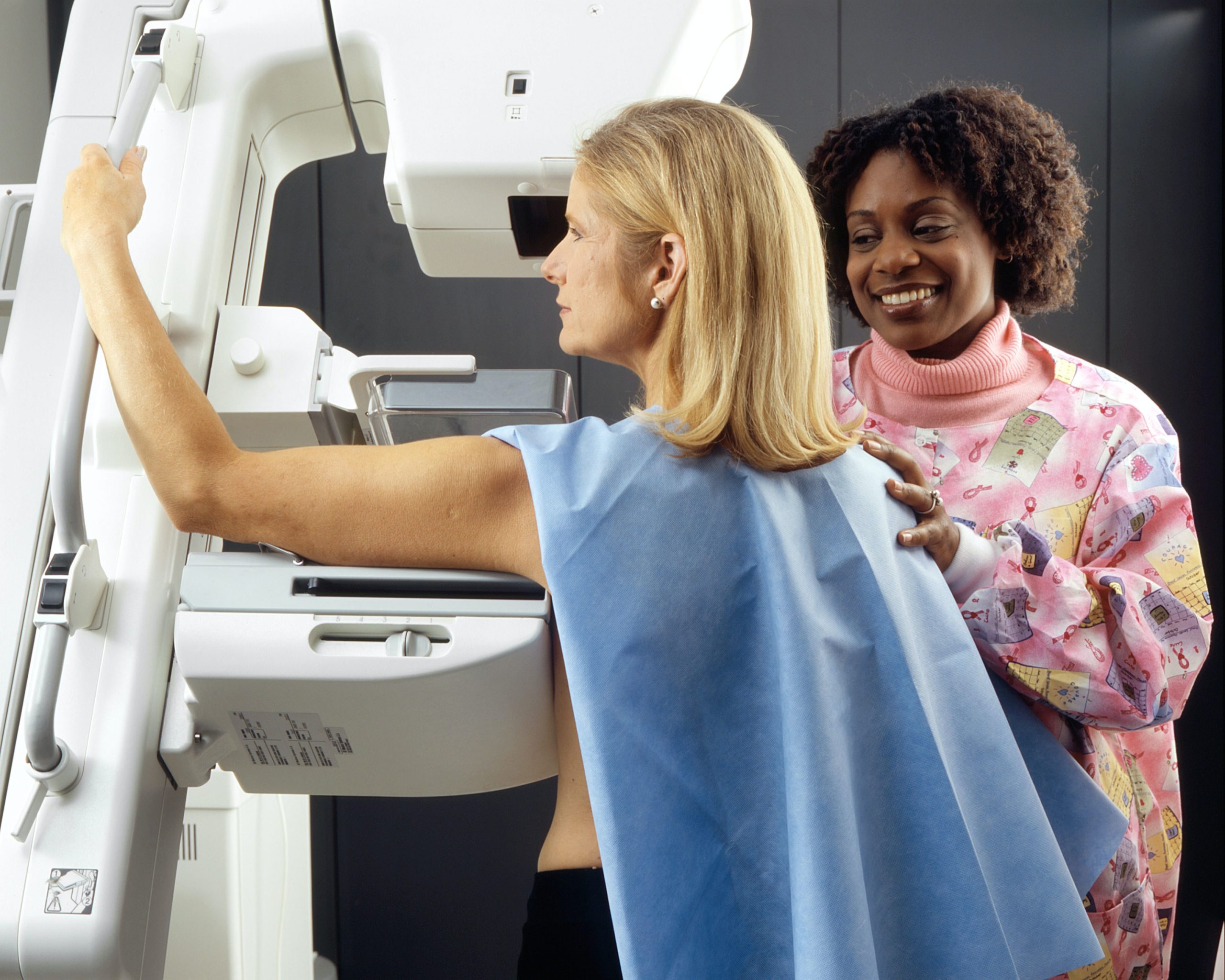Pancreatic cancer is a disease that develops when cells in the pancreas grow out of control. The pancreas is an organ located behind the stomach that produces enzymes and hormones to regulate blood sugar levels. Unfortunately, pancreatic cancer is often detected at a late stage, making it difficult to treat. According to the American Cancer Society, only about 10% of people with pancreatic cancer survive for five years or more.
The symptoms of pancreatic cancer can be vague and similar to those of other illnesses, which makes it challenging to diagnose. However, there are some warning signs that people should be aware of, such as:
- Jaundice: yellowing of the skin and eyes
- Abdominal or back pain
- Unexplained weight loss
- Nausea and vomiting
- Loss of appetite
- New-onset diabetes
If you are experiencing any of these symptoms, it is essential to see your doctor right away. Early detection is crucial in the treatment of pancreatic cancer. The earlier the diagnosis, the better the chances of survival.
In addition to these symptoms, there are also risk factors that can increase the likelihood of developing pancreatic cancer. Some of these risk factors include:
- Smoking
- Age (over 60 years old)
- Family history of pancreatic cancer
- Obesity
- Chronic pancreatitis (inflammation of the pancreas)
- Diabetes
If you have any of these risk factors, it is important to be vigilant and monitor your health closely. Regular check-ups with your doctor can help detect any potential issues early.
Prevention is key in reducing the risk of pancreatic cancer. A healthy lifestyle, such as maintaining a healthy weight, not smoking, and exercising regularly, can all help lower the risk of developing pancreatic cancer.
In conclusion, pancreatic cancer is a serious disease that requires attention. Knowing the warning signs and risk factors can help people take action early and potentially improve their chances of survival. It is crucial to seek medical attention if any of the symptoms appear or if you have any of the risk factors. Prevention through a healthy lifestyle is also essential in reducing the risk of developing pancreatic cancer. As a journalist, it is my duty to inform and educate the public on issues that affect their lives, and I hope this article helps raise awareness about the importance of early detection and prevention of pancreatic cancer.




